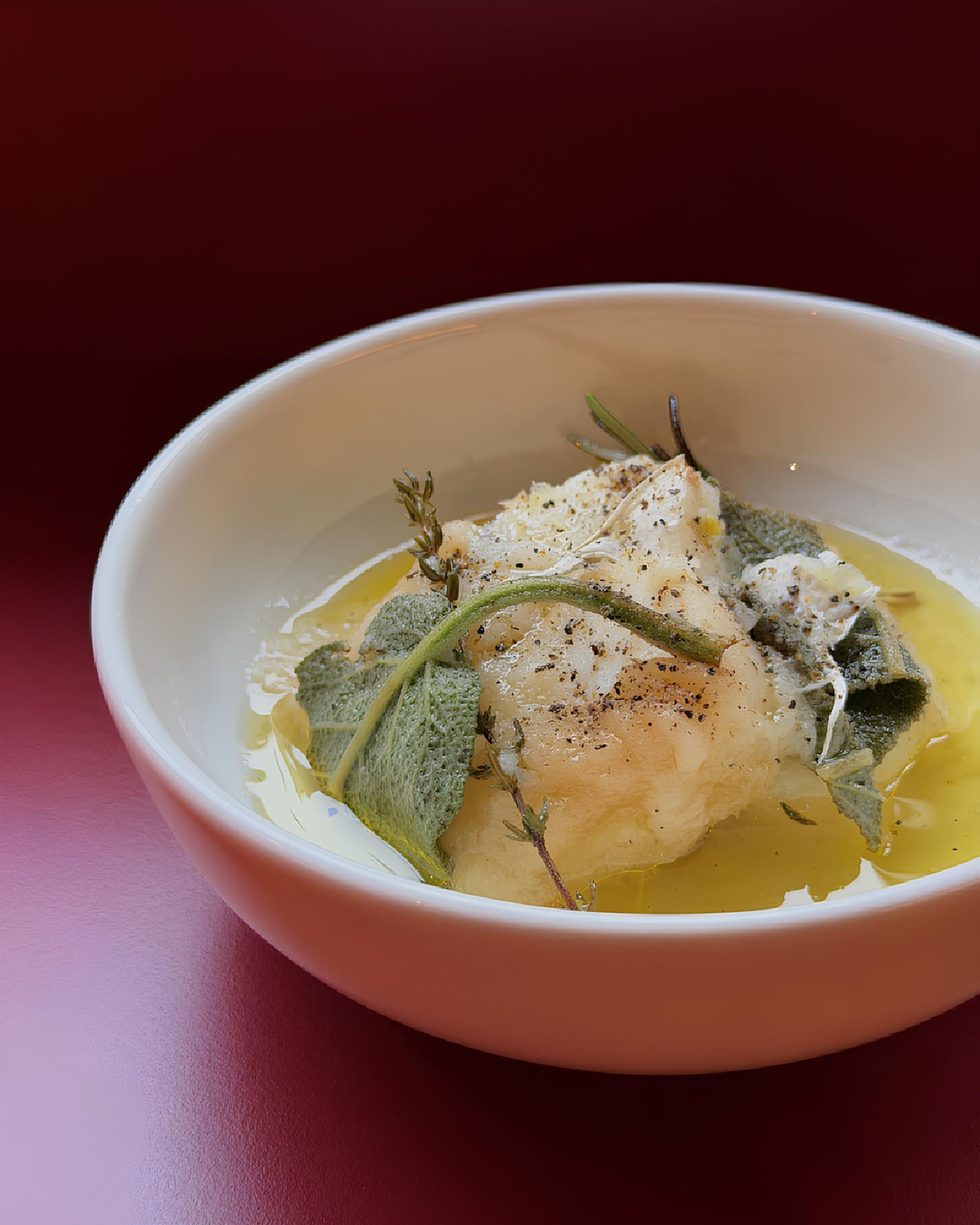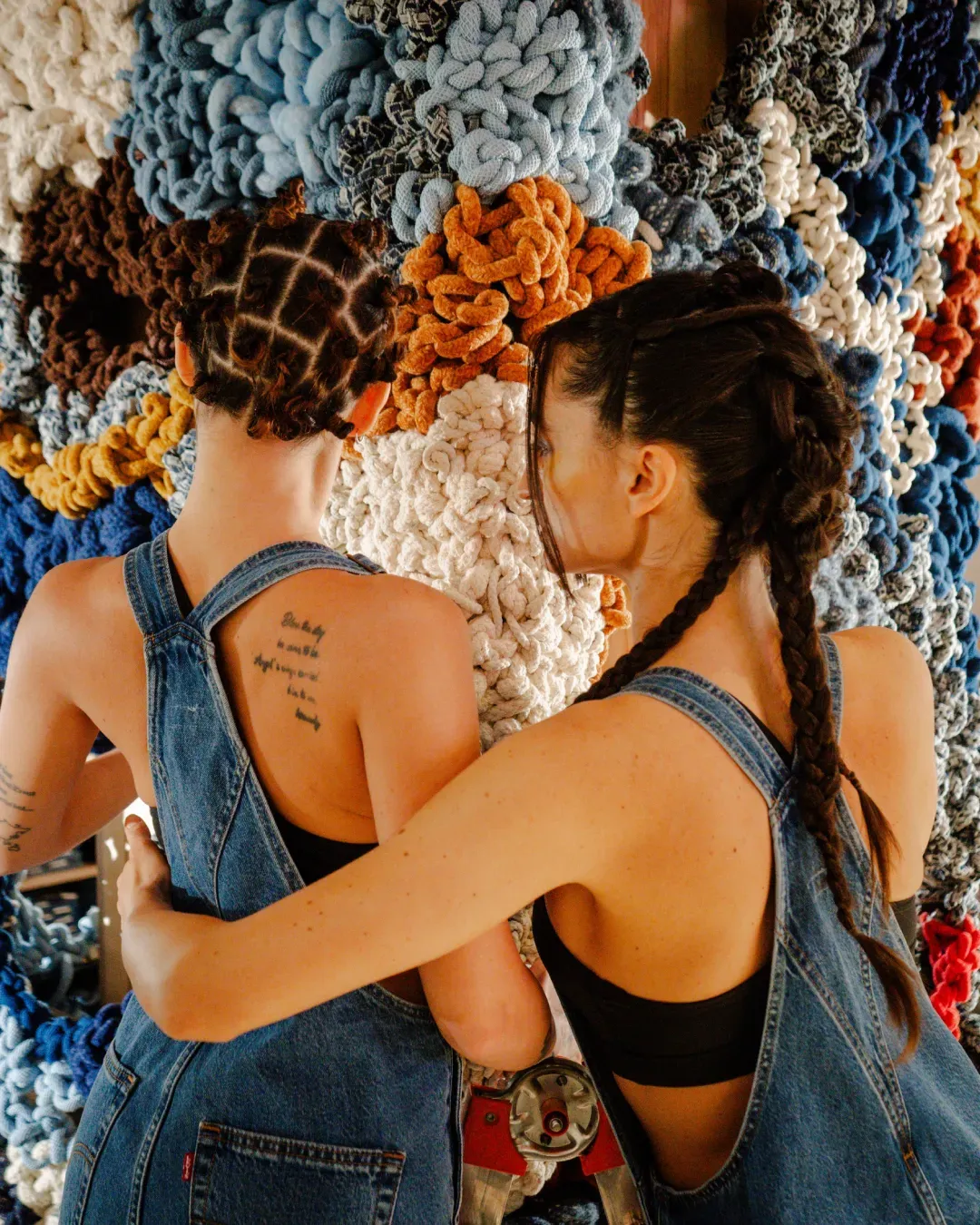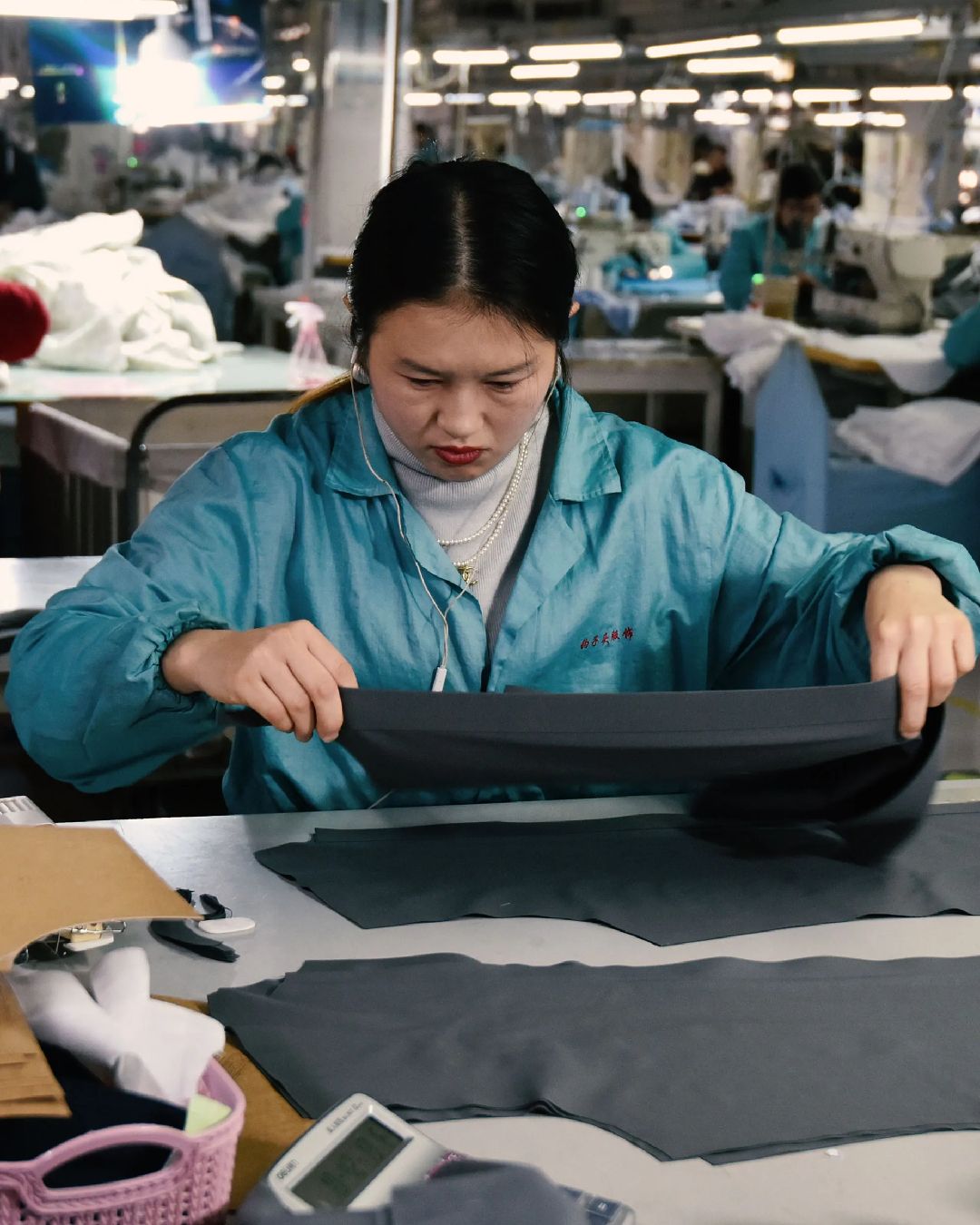
Is Milan back at it? Salone del Mobile has been a spark, but it doesn't have to erase the lockdown dark side of the city
Peeking at the windows of the showrooms in Moscova, dodging the waiters of the Bar Basso with their trays full of spritzes or sticking to the phone desperately looking for a free table for six at 9:45 pm, the shared feeling that crosses the city is that Milan at times seems to have returned the one before the pandemic.
The Salone del Mobile 2021, or Supersalone, has reactivated that circuit of small and large events that were and still are the lifeblood of creative Milan in the last ten years. Although this year's edition is different from the pre-Covid ones, the fluid flow of ideas that arise from the territorial proximity of independent galleries, major design brands, fashion brands, artistic collectives, wine bars, showrooms that the pandemic had interrupted has resumed. A moment of restart, therefore, but above all the moment not to let reflections fall into the void on the distortions of the city inspired by the pandemic: the lockdown has highlighted some limits of the Milan model, both from an urban and social point of view, today that the Fuorisalone has given a flash of the return to normality it is important to understand how to imagine a Milan of the future without falling into the mistakes of the past.
Not everyone expected such a participatory return of the Fuorisalone: the proximity of the summer together with the logistical complexity in traveling and organizing Covid compliant events, could have discouraged brands and users from participating. Yet this was not the case. The perception of a restart is also confirmed by the attendance data at events, including those relating to foreign professionals, but also by those inconveniences that are the barometer of the success of the Milanese weeks: blocked traffic, waiting for taxis, the impossibility of parking in some areas. The success of this edition confirms the initial feeling: in the city there is an increasingly high demand for post-Covid sociality. Of course, not everyone will feel comfortable in the midst of a crowd that, in the absence of norms and precautions, can become dangerous. But it will be necessary for once to make a common effort of understanding and respect to ensure safety for users and workers. The coming months, also given the upcoming elections, will be the decisive moment to let the reflections about the problematic aspects of the city inspired by the pandemic to actually turn into positive change.
The model that has guided the real and perceived growth of Milan is based on the physical connection between people and spaces, between public institutions and brands. Milan is the city with the highest average rental cost in Italy, where despite smartworking and southworking real estate prices continue to rise. There is certainly a problem of aligning wages and prices, redeveloping the peripheries avoiding unnecessary speculation, balancing metropolitan growth and social growth. In this sense, the pandemic has also brought attention to the mental health of those who live in a socially hectic city, which can inspire a sense of discomfort, non-acceptance and isolation. On these points, a return to sociality must count on inclusiveness, on a more sustainable rhythm for its citizens and its environment both on public and private occasions. The effort must be common: the public but above all brands and private institutions can sponsor events that have positive effects on the city, with a real and concrete connection to the territory that hosts them. Citizens will also have a fundamental role, first and fore all in the elections.
«If "social distancing" seems inevitable for our post-pandemic condition, safe spaces that allow for random encounters remain crucial. Milan needs more "uncoded" spaces, in which individuals can interact spontaneously, without adhering to the prescriptions of an already written script». The reflection of the 2050+ studio - which dedicates its research to the intersection between technology, environment and politics - was one of the most interesting reflections collected in Milano Sospesa - the cover of nss magazine released during the pandemic - referred precisely to that energy created on occasions such as the Fuorisalone, where mainstream business and creativity mix, and where contemporary Milan was born and evolves.
































































